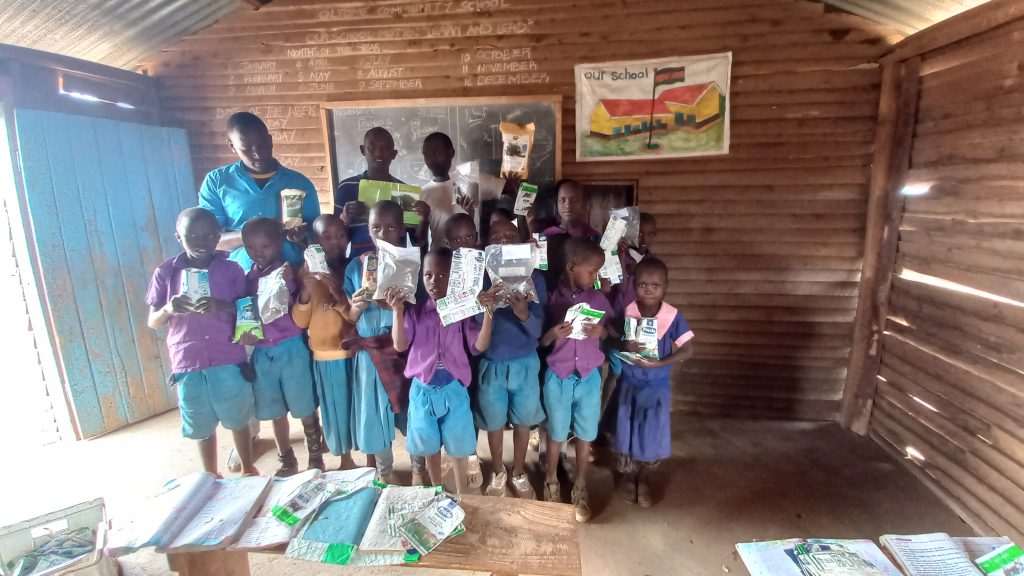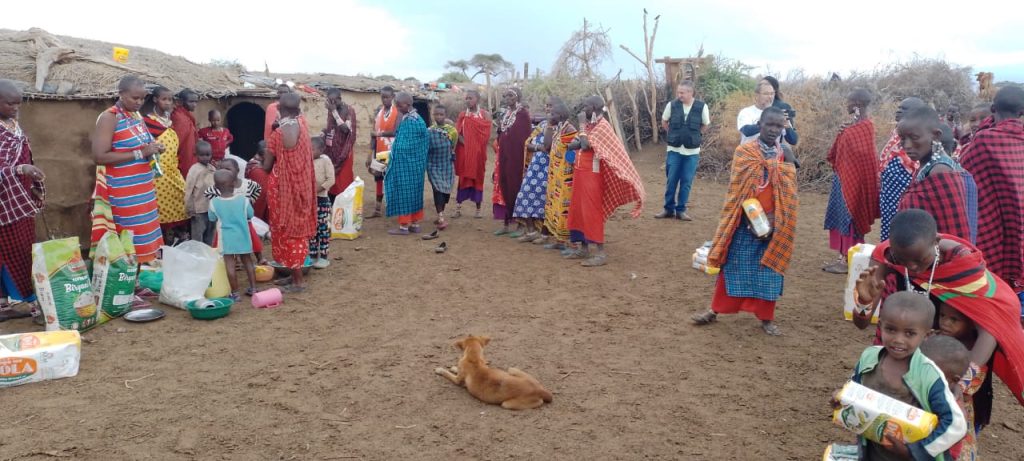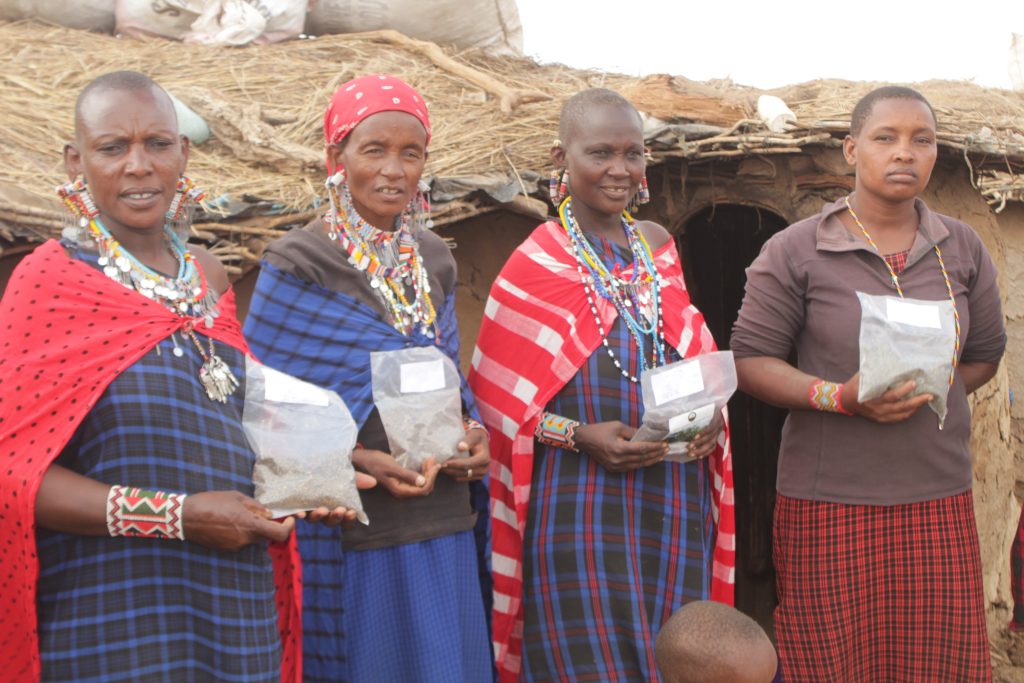The Maasai community in Kenya faced numerous challenges, ranging from high illiteracy rates to health issues related to the current climate crisis. The story could have ended there. But for the Maasai, who have long been courageous and resourceful people with a rich and fascinating culture, it was just the beginning.
In 2021 a dedicated community-based organization called “Enduata Emaa” emerged. It is led by community member Samuel Lekato, who is rallying his friends and neighbors to address local challenges and bring about positive change. A committed participant in the Laudato Si´Action Platform, he has agreed to share his story with our community.
Read more to see how Samuel and his community’s efforts to provide educational opportunities, empower women, and promote environmental conservation is helping to ensure a brighter future for generations to come in their Maasai community.
Education: Unlocking the Future
One of the primary concerns in the Maasai community is high illiteracy and dropout rates among children. In 2021, the community witnessed a significant number of dropouts, mainly due to a drought that affected families’ ability to pay school fees.
In Response to the Cry of the Poor, one of the seven Laudato Si’ Goals, Enduata Emaa stepped in and paid the school fees for 40 children from disadvantaged families. The organization is determined to expand access to education for more children.

Empowering Women: Breaking the Cycle of Poverty
Recognizing the vital role women play in supporting their families, Enduata Emaa created a basket fund that offers micro-loans. These loans enable women to establish small businesses, with low interest rates charged to ensure affordability.
Enduata Emaa is now planning to introduce social entrepreneurship lessons to help women develop crucial skills in health education, financial management, and sustainable development.
“By empowering women through entrepreneurship in alignment with the Laudato Si’ Goals of Ecological Economics and Community Resilience and Empowerment, we can continue to reduce poverty levels and uplift families in our community.”
– Samuel Lekato, Enduata Emaa Leader and Maasai Community Member

Environmental Conservation: Nurturing Sustainable Livelihoods
Livestock rearing has long been one of the primary means of survival for the Maasai community, but recurring droughts have severely impacted this traditional practice.
In Response to the Cry of the Earth, Enduata Emaa adopted a participatory approach, utilizing impact analysis to determine short-term and long-term ecological restoration measures.
In their efforts to advocate for a diversified economy, the community organization has introduced kitchen gardens to provide villagers with a consistent source of vegetables. Previously, villagers had to travel long distances to access fresh produce. By expanding this initiative, Enduata Emaa is successfully combating malnutrition in the Maasai community.
“Enduata Emaa has set a target to plant 10,000 trees, focusing on species with economic value, particularly fruit trees. By planting trees around schools and Maasai villages, we are promoting environmental conservation and sustainable livelihoods.”
– Samuel Lekato, Enduata Emaa Leader and Maasai Community Member

The Maasai community is embracing change and progress thanks to the initiatives led by Samuel Lekato through Enduata Emaa, alongside the inspiration of Laudato Si’ and the concrete Plans, encouraging Reflections, and practical Resources found on the Laudato Si’ Action Platform.
Through their efforts in education, empowerment, and environmental conservation, Enduata Emaa is uplifting their community and creating a more sustainable future for generations to come.